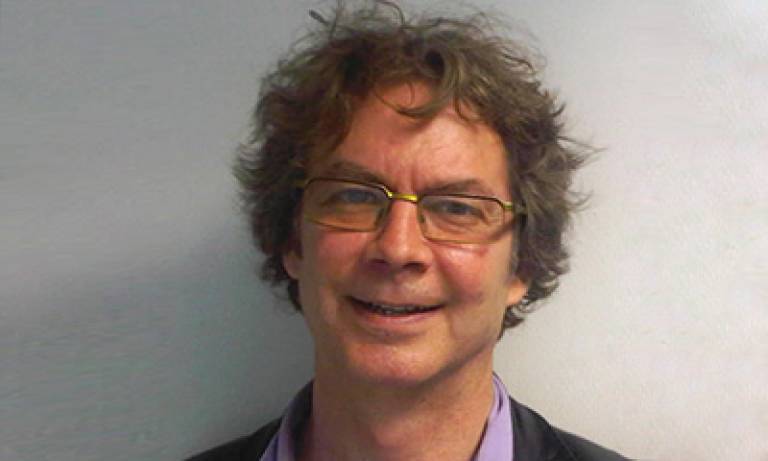Meet the researcher: Stephen Butler
Most of my research is focused on evaluating whether or not certain kinds of treatments help adolescents with their problems.

26 September 2017
I am a researcher in the Clinical, Educational and Health psychology department. Most of my research is focused on evaluating whether or not certain kinds of treatments help adolescents with their problems. As part of a research team, we have carried out a very large U.K evaluation of a treatment for teenagers who show antisocial behaviour and break the law. This form of help is called Multi-systemic therapy (MST), which was developed in the U.S. and since become very popular and transported to many other European and Western countries including the U.K. We have also conducted smaller evaluations of MST developed for young people who show sexually harmful behaviours and those who are returning home to their families after having been in residential care.
There is a very urgent need to develop treatments that are shown through research evaluations to help young people, now known as “evidence-based” treatments. Our large evaluation of MST is very important both because this is the most widely-used form of help for teenagers with serious antisocial behaviour problems and because antisocial behaviour during childhood and adolescence is the most typical reason for children to go to mental health centres. As mentioned, it has recently been evaluated in several other European countries such as Norway, Sweden and the Netherlands where it has shown varying degrees of effectiveness compared to the usual services given to teenagers for these types of problems. For example, it was generally shown to be effective in Norway but not in Sweden, so a U.K. evaluation is quite timely. Unfortunately, we are just submitting our findings for publication for the large study, so I cannot tell you what we have found and can only say that the findings will be available very soon. As part of my research with adolescents who show antisocial behaviour, I am also developed a scale to assess their thinking in relation to themselves, their parents, teachers and friends/peers, known as the antisocial beliefs and attitudes scale. This is important because studies with teenagers who become quite antisocial and may break the law have largely focused on their behaviour and how it develops, how their parents and families deal with their behaviour and treat them, etc. We still don’t have a clear picture about their beliefs and attitudes and this has been shown to be an important factor in their development.
A final area that I am interested in is the impact of materialistic values on young people’s sense of themselves. Materialism is defined as a set of values centered on people’s long-term support for values and goals centered on the importance of acquiring money and possessions to convey status. We are interested in looking at relationships between materialism and other factors that contribute to the development of a young person’s well-being such some of their personal qualities and their relationships with others, and their use of social media. We have just started this research and will look at these relationships over the course of adolescence, as a lot of this research only looks at these things at one point in time in young people’s lives.
 Close
Close

